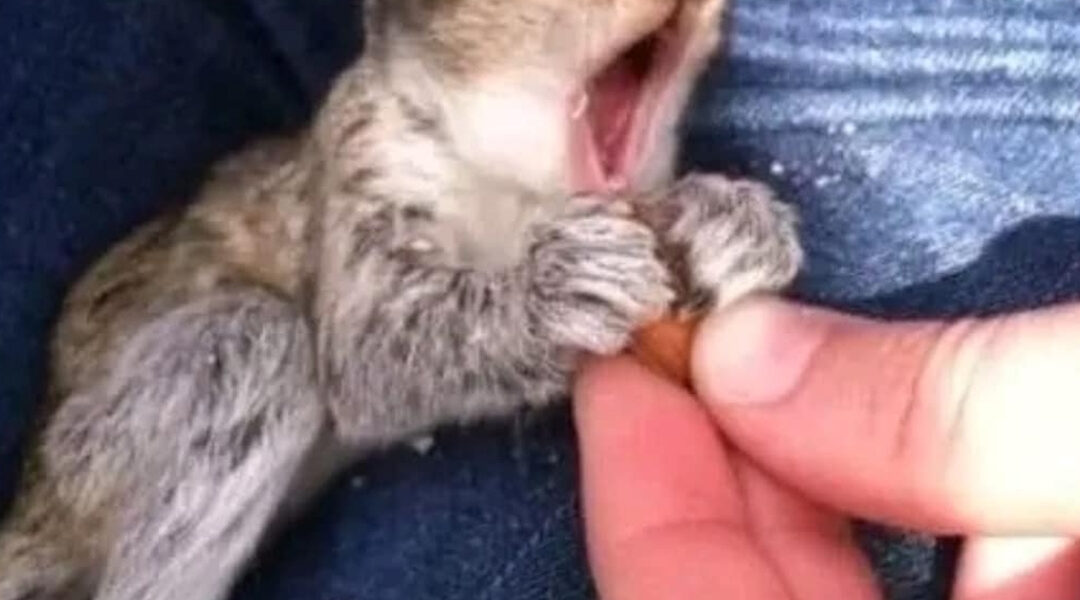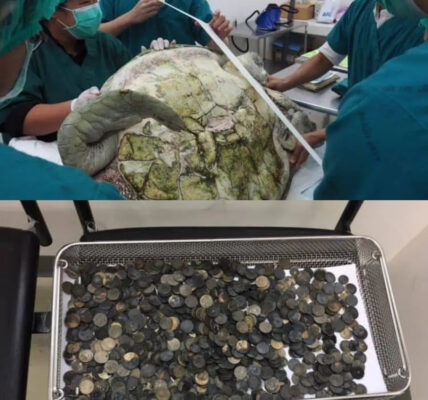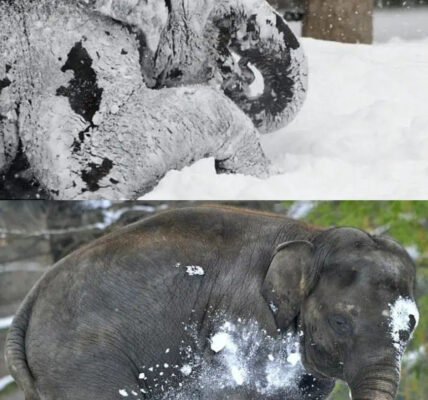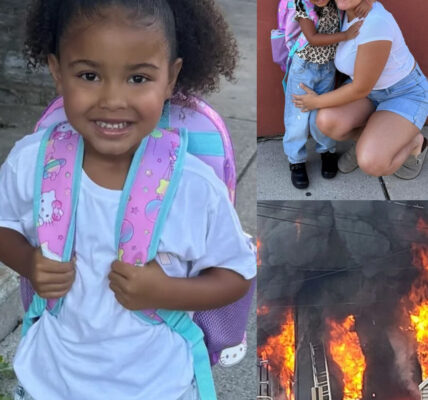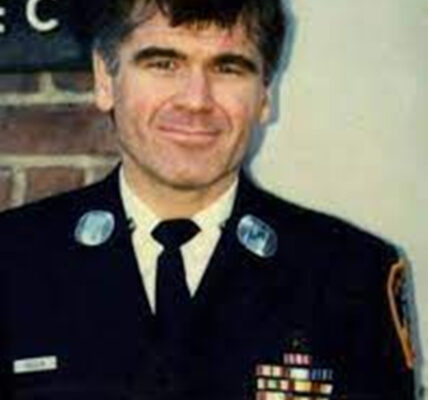It began on an ordinary afternoon in Florida. The sun was warm, the streets quiet, and people went about their day without much thought of the small lives hidden in the trees above. But then — from the branches — came a fall, a rustle, a cry too soft for most to hear.

A baby squirrel had lost its grip.
Separated from its mother, it lay stunned and trembling. Hours passed. Hunger gnawed at its tiny belly. Thirst parched its throat. Its instinct told it to search for warmth, for safety, for the one thing it no longer had: its mother.
And so, with all the courage packed into its fragile frame, it did something remarkable. It turned to the only beings left who might help — humans.
The Desperation of the Orphaned

Most wild animals keep their distance, ruled by fear. But baby squirrels are different. When their mothers are gone, their need becomes stronger than their fear. They will chase after people, cling to pant legs, climb onto shoes, and refuse to let go. Not out of aggression. Not out of madness. But out of sheer desperation.
It is not rabies. It is not danger. It is a cry for help.
In truth, many of these little ones have already endured trauma — a fall from a tree, a brush with a predator, or days of wandering alone. By the time they approach a person, they are not just hungry. They are exhausted, dehydrated, and often injured. What looks like boldness is actually survival — the last flicker of hope that maybe, just maybe, someone will care.
The Gentle Hand

One such squirrel — eyes half-closed, paws trembling — reached up and clutched a stranger’s hand. It wrapped its tiny fingers around a thumb and held tight, refusing to let go. Its small mouth opened in a desperate attempt to eat, even before food was offered.
In that moment, the person understood. This was not just a creature of the wild. This was a baby — fragile, frightened, and pleading.
They placed a nut in the squirrel’s tiny hands, guiding it gently. The animal clutched it as if it had been handed life itself. For the first time in days, comfort flickered across its little face. Safety had arrived, not in the form of its mother, but in the kindness of a human willing to pause, notice, and care.
A Lesson for Us All
It is easy to misunderstand. Some might see such a squirrel and recoil in fear. But the truth is simple: these little ones come to us because they believe we can save them. And they are right.
Every baby squirrel that reaches for a pant leg is not rabid or wild with rage. It is hungry. It is thirsty. It is heartbroken from losing its mother. And it is brave enough to ask for help.
The next time you see one, remember this: you may be the last chance it has. Offer water. Offer food. Offer safety. If you cannot care for it yourself, contact a wildlife rehabilitator. But above all — do not turn away. Do not harm them.

Because sometimes, even the smallest creatures remind us what it means to be human. Compassion is not reserved for those who look like us, live like us, or speak like us. Compassion is for any life that clings to us in desperation, trusting that we will not let go.
And that tiny squirrel — the one that reached out with shaking paws and wide eyes — is proof that even the most fragile beings believe in kindness. The question is: will we be kind enough to prove them right?
